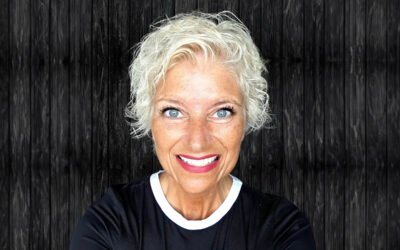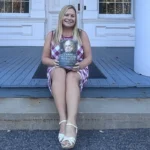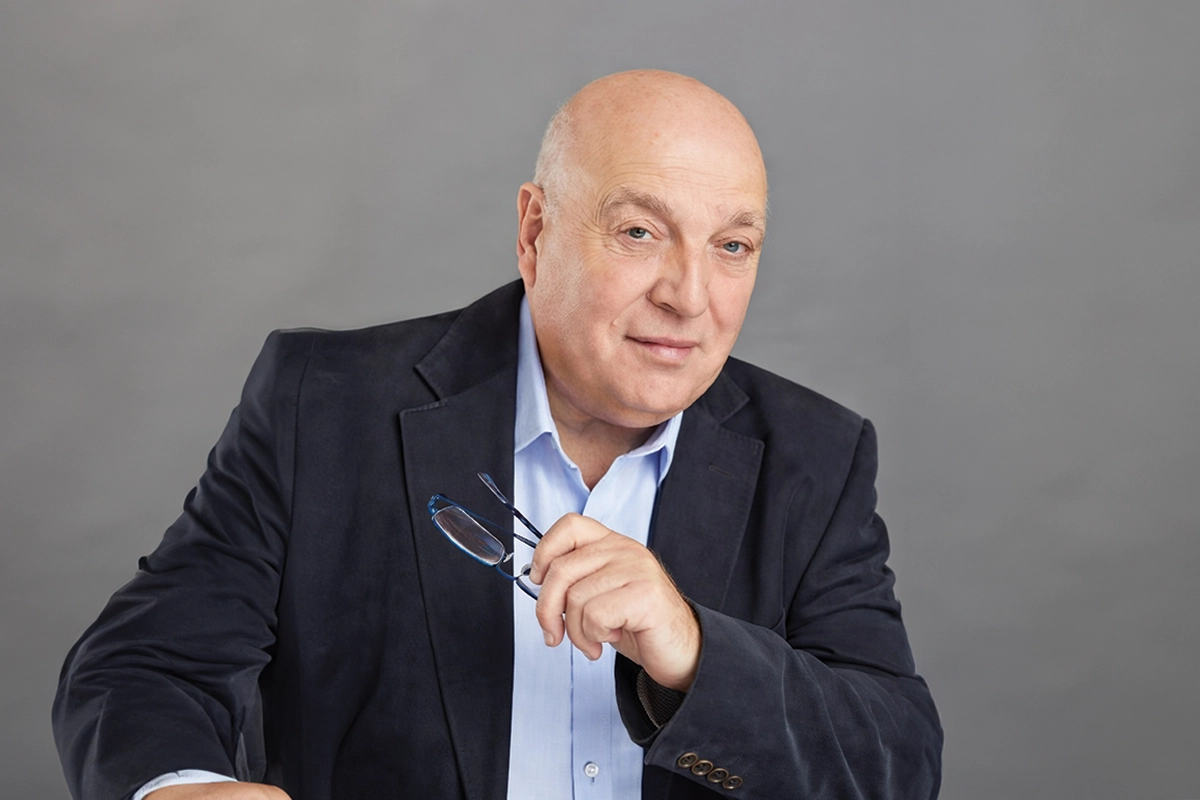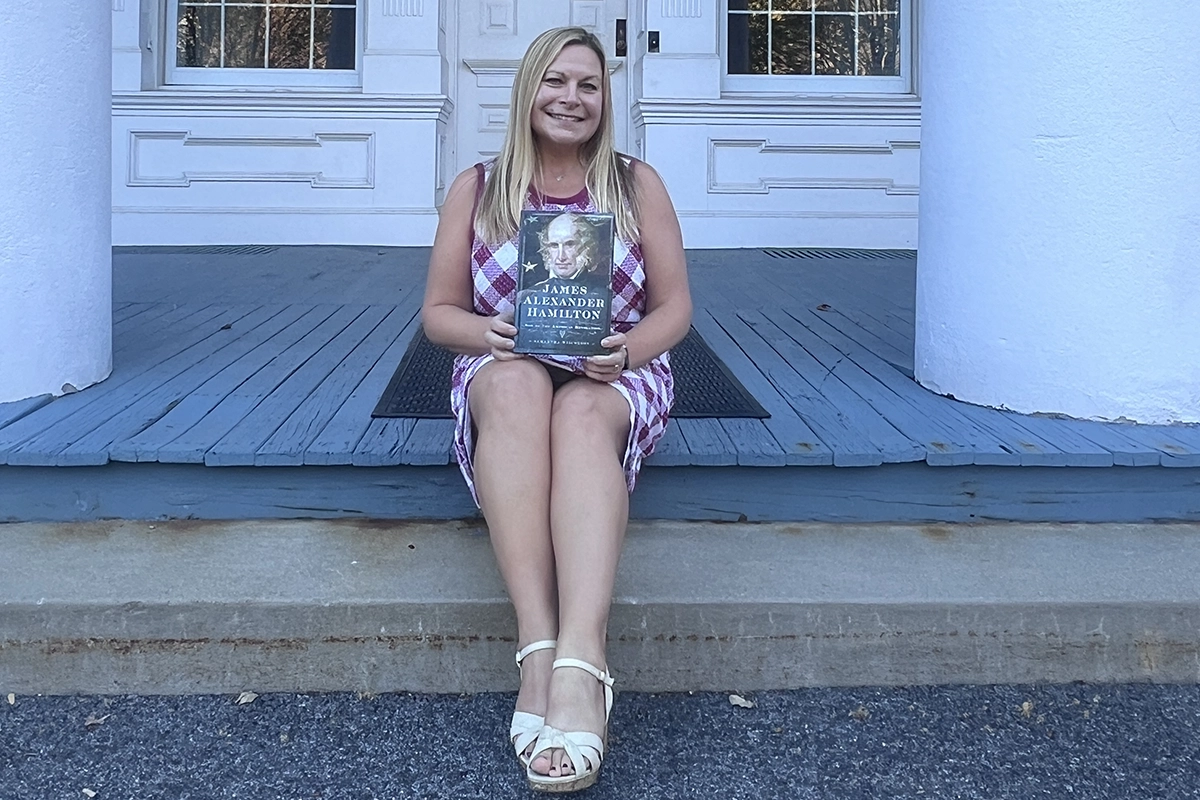Catherine Ryan Hyde On Creativity, Resilience, And The Enduring Power Of Storytelling
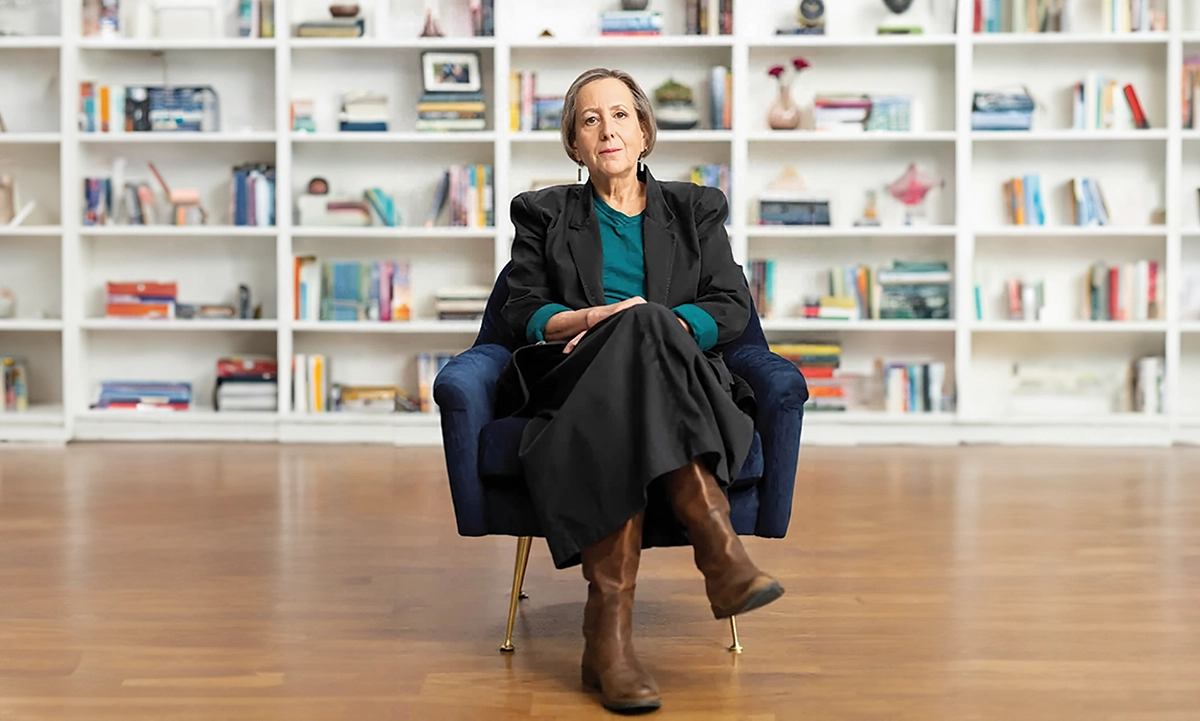
Photo: Catherine Ryan Hyde, the bestselling author whose timeless stories continue to resonate with readers around the world.
Lessons From A Literary Journey That Spans Decades
Catherine Ryan Hyde reflects on her journey of storytelling, sharing insights on perseverance, self-acceptance, animal companions, and how human connection inspires her deeply personal and universal narratives.
Few authors possess the ability to touch hearts, ignite inspiration, and delve into the human experience with the authenticity and depth of Catherine Ryan Hyde. It is an honor to bring her voice to the pages of Novelist Post. With over fifty published works to her name, including the beloved classic Pay It Forward, Catherine has firmly established herself as a literary force, captivating readers worldwide with her contemplative storytelling and unflinching exploration of what it means to persevere with grace.
Her novels draw us into the lives of unforgettable characters—flawed, hopeful, and richly human—while her short stories, acclaimed in prestigious journals like The Antioch Review and Ploughshares, affirm her as a masterful storyteller across formats. Catherine’s work transcends borders, translated into dozens of languages and embraced across continents. From her Lambda Literary Award-winning works to international bestsellers like When I Found You and Walk Me Home, her diverse repertoire is nothing short of extraordinary.
Yet perhaps what makes Catherine particularly inspiring isn’t just her prolific career, impressive accolades, or her global reach—it’s her steadfast commitment to staying true to the art of storytelling. Even as Pay It Forward became a cultural phenomenon and movie milestone, she reminds us that literature itself is the powerful heartbeat behind any legacy worth celebrating. Whether dreaming up characters who find redemption in the face of adversity or drawing inspiration from the quiet beauty of hiking trails and photography, Catherine infuses every page with sincerity, wisdom, and discovery.
Catherine Ryan Hyde’s profound storytelling, authentic characters, and compassionate themes solidify her as one of literature’s most inspiring voices.
In this intimate interview, Catherine opens up about the personal trials that have shaped her writing, the grace she’s found in self-acceptance, and how themes of compassion, resilience, and redemption inform so many of her characters. For readers—and aspiring writers—seeking solace and direction, Catherine Ryan Hyde emerges not just as a bestselling author, but as a testament to the enduring power of creativity and connection.
What inspired you to write “Pay It Forward,” and did you expect it to have such a profound impact globally?
I say the following with great respect to everyone who cares about that book. I hope it’s received in that same spirit. I wrote that book in the mid-1990s. About 30 years ago. It was published 25 years ago, and I’ve published almost 50 more books since. While I appreciate the fact that people still care about it after all this time, it’s harder for me to hold my attention on it. Some of that springs from the fact that you can only tell a story about a book just so many thousands of times. Mostly I think I’m discouraged by the fact that it seems to stand head and shoulders above all my other books in people’s minds because it was a movie. Unfortunately, we live in a world where movies are considered more valuable than books. And yet I’m sticking with books.
That said, I do know there are many who love the book and the concept for itself, and for very good reasons.
On the Pay It Forward book detail page of my website I have a video of me telling the story of the inspiration behind the book. I put it there years ago and refer people to it because I couldn’t bring myself to tell it one more time. And I mean that more literally than you might think.
As to the second question, no. I never imagined. I was a new and under-published author at the time. I had trouble even imagining it for sale in a book store.
How does your love for hiking and photography influence your writing?
I think it creates a space for my imagination to flow. And I do think a love of the natural world creeps into my fiction. But it’s something I do purely for myself and to share with others, unrelated to my career.
Can you share the inspiration or personal connection behind your novel “Michael Without Apology”?
I was mercilessly tormented as a child for perceived problems with my appearance. Nothing as dramatic as Michael’s scars, but the abuse left scars of its own. I just turned 70, and ended up back in therapy trying to deal with a sort of post-traumatic stress from childhood bullying. I almost never know exactly where the stories come from, but I do know when my own life concerns cause me to choose a character with similar issues, and this is definitely one of those cases.
What is your process when transitioning between genres, such as fiction and nonfiction?
I’m actually quite bad at that, so I almost never do. I only have a couple (maybe three) nonfiction books, and none are recent.
How do you approach writing characters who face adversity and find redemption, like those in “Take Me With You”?
I guess I’d say my approach is to try to write from that place where we are all human and all very much the same. In other words, under our differences is the basic experience of being alive. In that place, I’ll understand what the character is feeling, and I trust that the reader will as well. Because we’re all people.
Could you discuss your experiences working on the “Pay It Forward” movie adaptation and how it compared to writing the novel?
I had no involvement whatsoever with the adaptation. None. I did visit the set one day and met the actors, but I was not the screenwriter, nor was I any type of consultant. That arrangement is the usual one between authors and filmmakers.
How has aging and self-acceptance played a role in your writing process and themes?
I definitely know more about being happy as I get older. And anything I learn about myself and the world is going to end up in the mouth of one character or another. So I hope the books are going more deeply into the human experience as I myself do the same.
What lessons have you learned from your animal companions, and how have they made their way into your stories?
I’ve learned to talk less and listen more, even though we don’t speak a common language. And I think the advantages to the work comes in the form of having animals characters who are each their own unique character. No generic golden retrievers whose job is simply to smile and hold up the other end of the leash.
Which of your books holds the most personal significance for you, and why?
I have a special place in my heart for a handful: Michael Without Apology; Have You Seen Luis Velez?; Boy Underground; So Long, Chester Wheeler; Life, Loss, and Puffins. I can’t entirely say why. I just think they have the most to say about the world.
What advice would you give to aspiring authors struggling to find their voice or inspiration?
I would advise them to read. When you find the work you truly love to read, you’ll be closer to what you want to write.
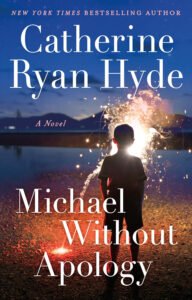
Editor’s Note
Catherine Ryan Hyde’s Michael Without Apology is an emotionally resonant and deeply human story about trauma, resilience, and the transformative power of vulnerability. Michael’s journey from shame to self-acceptance is beautifully portrayed, as he opens himself up through film, connecting with others battling their own insecurities. Hyde’s nuanced exploration of body image, societal perceptions, and family abandonment feels raw and universal, reminding readers of our shared struggles. With poignant characters and deft storytelling, this novel is a powerful testament to healing and the courage it takes to embrace ourselves, unapologetically.

